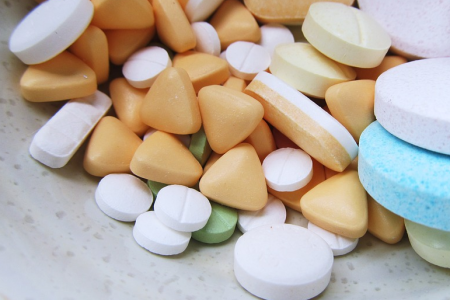For driving under the influence, four legal provisions are relevant: Article 8 of the Road Traffic Act, the Decree Alcohol, Drugs and Medicines, the Regulation Fitness Requirements 2000 and the Medical Treatment Agreement Act (WGBO).
Article 8 of the Road Traffic Act
Article 8 of the Road Traffic Act stipulates: “Anyone is forbidden to operate a vehicle (or to let the vehicle be operated by someone else who is known to be) under the influence of a substance which is (reasonably) known to impair the ability to drive, to such an extent that usage of this substance – whether or not combined with a different substance – may impair the ability to drive so that appropriate operation is not deemed possible.” Article 8 applies to drivers, motor cyclists, light-moped riders, cyclists and disability vehicle users (motorised or unmotorised). When assigning penalties three factors are taken into account: the type of vehicle involved in the offence, the danger to other road users and the extent to which the road user is able to safely operate the vehicle. Pedestrians may be fined for public drunkenness if they behave in an annoying or anti-social way.
The Decree Alcohol, Drugs and Medicines
On 15 June 2017, Dutch legislation on drug use in traffic was tightened. Since then saliva testers have been used for enforcement. The new decree is based on limits for use of separate drugs (single drug use) and for combined use. In the Netherlands, the threshold values for impairment of fitness to drive have been set up to equal the impairment thresholds of alcohol use of 0.5 g/l. The threshold values have been laid down in the ’Decree Alcohol, drugs and medicines in traffic’.
Regulation fitness requirements 2000
The Regulation fitness requirements 2000 mentions which medicines (chapter 10) and ailments (chapter 8) may render someone unfit to participate in traffic.
Medical Treatment Agreement Act (WGBO)
Pursuant to the Medical Treatment Agreement Act (WGBO) article 448:1 and 448:2, pharmacists are obliged to inform patients about possible side effects of and alternatives to medicines. On the basis of this information, patients themselves have to take responsibility for the decision whether or not to drive. In the Netherlands, physicians, pharmacists, package leaflets and the site rijveiligmetmedicijnen.nl inform patients about the effect of medicines on fitness to drive.
